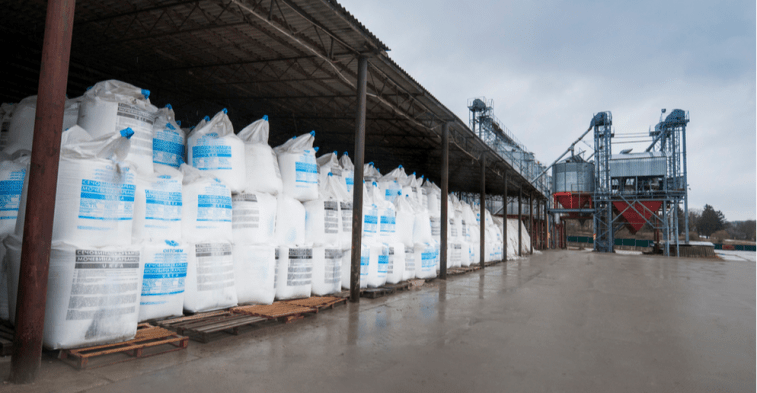



Australia announced on Monday that it has reached an agreement with fertiliser maker Incitec Pivot to safeguard local supply of urea, which is required to make a diesel additive used in vehicles, while China restricts fertiliser exports to keep domestic prices stable. According to Federal Energy Minister Angus Taylor, Incitec Pivot will increase manufacturing of technical standard granular urea (TGU), a vital component of diesel exhaust fluid known as AdBlue. Urea is used to make diesel exhaust fluid, which is used to reduce nitrogen oxide (NOx) emissions.
Although Australia has sufficient AdBlue stock on hand, “this agreement… will permit the supply of an AdBlue product to domestic manufacturers, ensuring that current supply chain delays have no impact on Australian enterprises,” Taylor said. Early this month, the Australian Trucking Association expressed alarm about an impending AdBlue shortage, which it warned might disrupt trucking operations and jeopardise commodities movement, prompting authorities to request urea from Indonesia, Saudi Arabia, the United Arab Emirates, Qatar, and Japan.
Urea is used by broad acre farmers as a source of nitrogen for their growing plants. Australian farmers consume 1.9 million tonnes per year — 1.7 million tonnes of that is imported. He explained that the market relied so heavily on imports because it was more cost-effective, especially given the current rising cost of energy and the link between gas and fertiliser costs. “The absence of access to internationally competitive gas is the reason why no one has gone out and done this to date,” he said. “Strike is the project driver here since we control the gas resource at this time and believe we will have such an ample and economical supply of that gas. “We’ve completed the required levels of research to know that Project Haber can produce fertiliser in Geraldton and send it to any region of Australia’s major farming industry at a lower cost. If the plant goes ahead, it will be capable of producing 1.4 million tonnes of urea per year for 30 years.